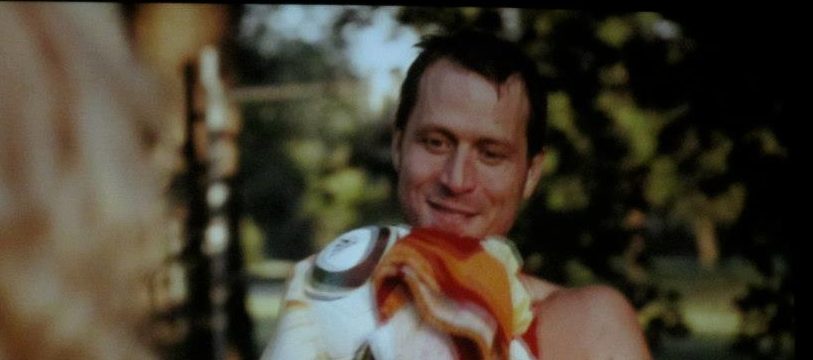Antoine is happy, the narrator of CAFÉ DE FLORE informs us, in the presence of the blond mistress for whom he has left his wife as a result of a shared glance at a Quebec nightclub It was an instantaneous connection, not unlike that which he and his wife experienced in childhood, or, oddly enough, that which the mistress seems to have had with the wife. For while his daughter resents the newcomer, and the wife’s yoga teacher regards Antoine as a lout for his betrayal, the wife and the woman who has replaced her are sweet and affectionate with each other.
But this is no ménage à trois, less a tawdry triangle than a crisscrossing of seemingly mystical affinities, including with a story told in flashback of a mother and her Down’s syndrome child in 1960s Paris. Images from each time period appear subliminally in the other, and, seemingly, in the dreams of Antoine’s wife. Certain buzzwords either cross our minds or are explicitly mentioned in the dialogue … soulmates, synchronicity, meaningful coincidence, spirit guides, love-at-first-sight, past lives. The pop soundtrack and the shrink that Antoine sees suggest that the interconnections are on the psychological level, to which our culture has attached terms and stories, yet the the odd visions and overlaps tend in a mystical or spiritual direction.
I liked Jean-Marc Vallée’s film, which may not equal the work of Kieslowski (The Double Life of Veronique, Three Colors Trilogy) or Medem (Sex and Lucia, Lovers of the Arctic Circle) in its treatment of mysterious human connections, or Iñárritu (21 Grams, Babel) in its spatial and temporal cross-cutting, but seems to owe something to all three and to rest comfortably in their company.
Check listings for viewing options.
